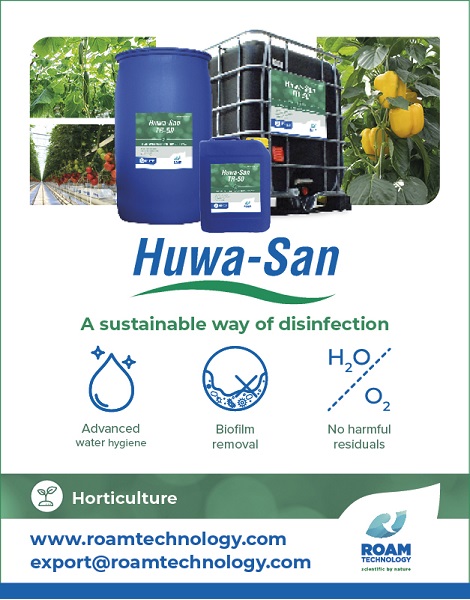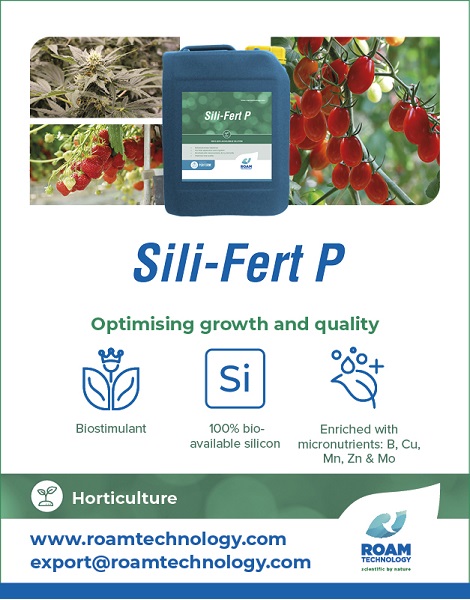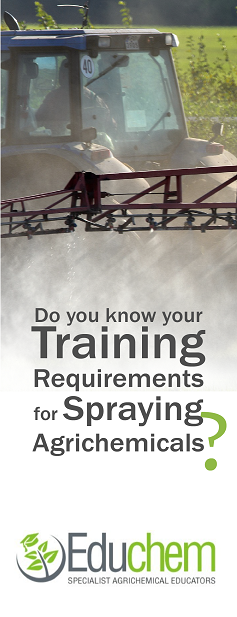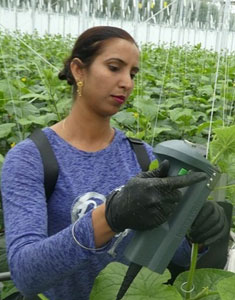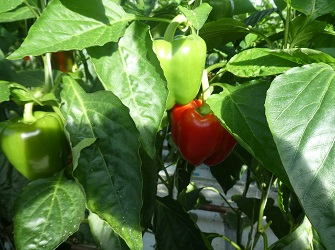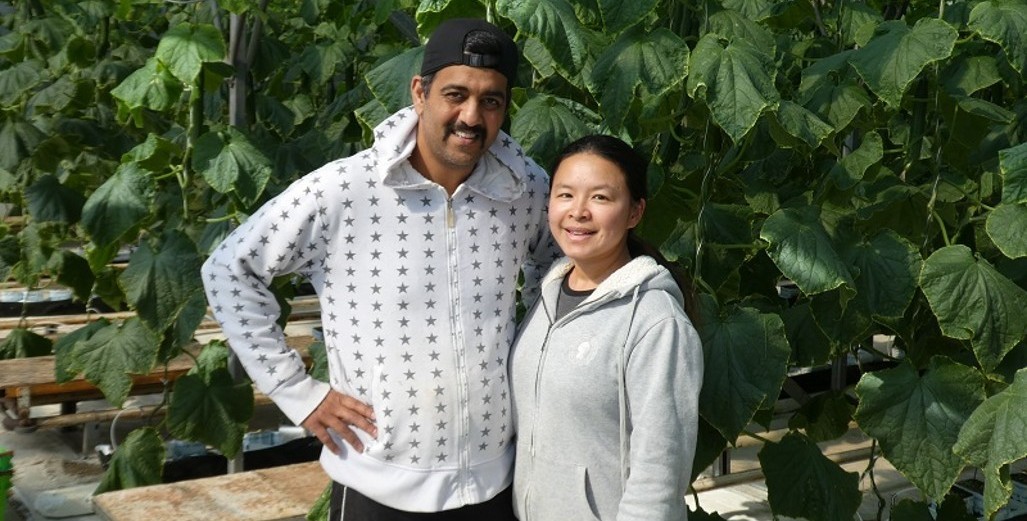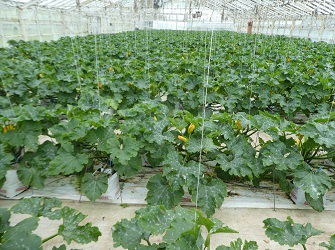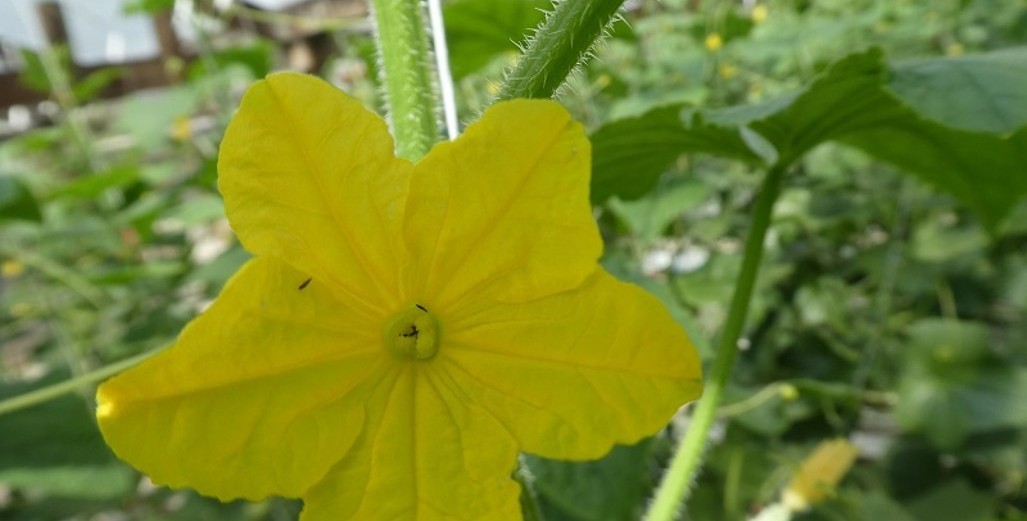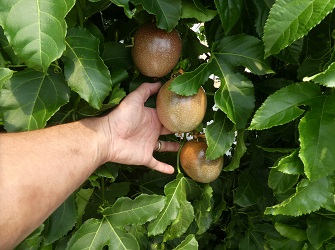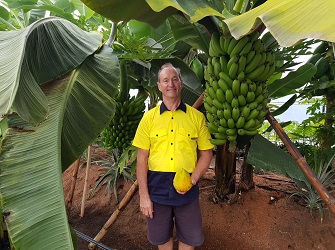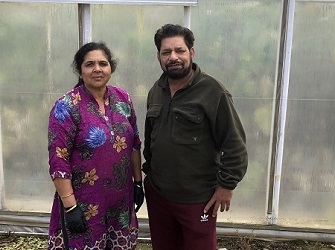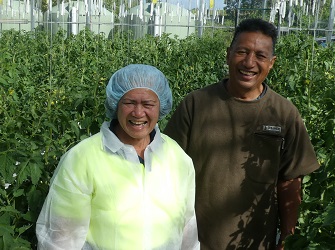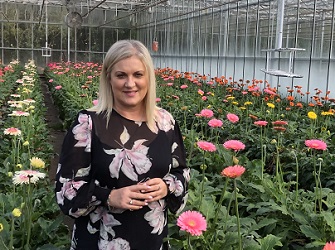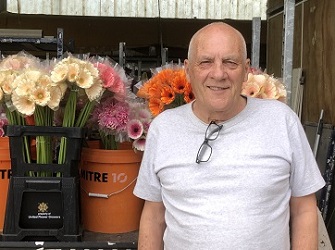Sign up here to subscribe to the Grower2grower Ezine. Every two weeks you will receive new articles, specific to the protected cropping industry, informing you of industry news and events straight to your inbox.
Jul 2023
Bumblebee Keeper – A new book.
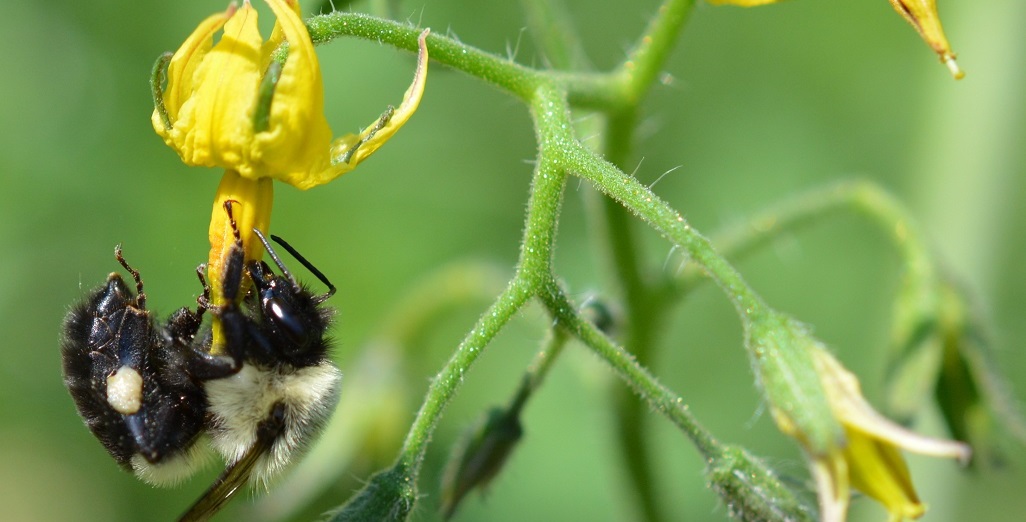
The founding and technical details of the bumblebee pollination industry.
Bumblebees have become a standard part of greenhouse tomato production in NZ since the 1990s, but the general public knows little of the industry, and few realise its role in providing flavoursome juicy tomatoes year-round. The newer greenhouse growers may not know how the industry began and how the demand for bumblebees for tomato pollination exploded in every market to which they were introduced. A new book by Nelson Pomeroy, the founder of Zonda Bees, describes the origins of the bumblebee industry and gives an inside look at the production processes. Bumblebee Keeper: A personal story of pollinator management crosses genres – there are some quite scientific sections (and over a hundred technical references), but it is also a candid life story with anecdotes ranging from childhood observation of a queen bumblebee emerging from a cocoon on the family lunch table, to the complications of company directorship and liability leading to his exit from Zonda, to sodium explosions as a school science teacher.

Nelson was always a bumblebee enthusiast and after two theses on their biology (one in Canada), he returned to Massey University, and became caught up in the Development Finance Corporation’s prediction that the expansion of the kiwifruit industry would lead a deficit of honeybees for pollination in NZ by 1986. Hence a big research push to domesticate bumblebees was stimulated, funded mainly by Wrightson Horticulture. Massey patented the “starter cup” system for inducing queens to start colonies in large numbers with minimal skilled labour. But NZ did not run out of honeybees so the project lost some urgency and when the kiwifruit industry went single-desk in the late 1980s Wrightson’s ceased the funding. But then a Dutch company, Koppert Biological Systems, approached Massey to license the technology to mass rear bumblebees for the European market. In a twist to do with his children’s schooling, Nelson moved to Hastings, and after two years commuting between the towns quit Massey and went into partnership with Koppert to found Zonda Bees. He writes that he wasn’t sure if the early growth of the business was “a fairy tale or a nightmare.”
A big theme of Nelson’s research has been the economics of bumblebee pollination, especially in view of the small size of the colonies compared to honeybees. His estimated stocking rates for red clover seed crops and kiwifruit were several tens of colonies per hectare – many more than some previous recommendations. Tomato pollination however was much more viable due to the high value of the greenhouse crop and their self-pollinating biology: tomato flowers merely needed to be vibrated and did not need compatible pollen to be exchanged. He estimated that in the early days of the bumblebee industry the yield and quality increase with bumblebees provided a thirteen-fold increase over the cost of the bees. Of course with time they became the norm, prices adjusted, and it became uneconomic to not use bumblebees.
A more common theme in both the popular and scientific literature on pollination has been the importance of biodiversity and the preservation of rare species. Biodiversity is often promoted as being necessary to maintain crop production and even food security. Bumblebee Keeper somewhat bucks this trend in pointing out that any type of farming is already an ecological process in the sense that propagation rates and resources are maximised, and mortality factors are reduced. For the covered crop industry these are all highly technical issues. Nelson promotes the benefits of technology that integrates biology and engineering, such as was the case in creating the bumblebee industry. He notes that New Zealand is an outlier among similar nations in having essentially unsubsidised primary industries. In his concluding words he suggests that some of the billions of pounds, euros and dollars spent supporting agriculture in Europe and North America could be spent on developing technology to make bumblebees affordable for a wider range of crops and also to domesticate additional pollinating insects.

Bumblebee Keeper: A personal story of pollinator management.
Published by Northern Bee Books (UK)
175 pages, paperback
ISBN 978-1914934568
https://bumblebeekeeper.com/
contact: nelsonpomeroy@gmail.com
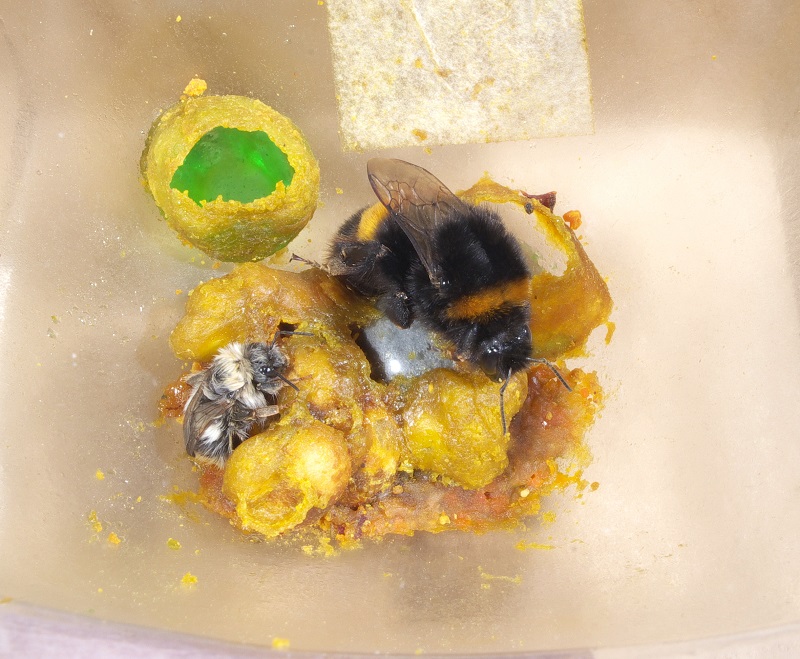
Queen Bombus terrestris in a “starter cup” with here first, newly-emerged, worker. The honey pot contains sugar-water with food colouring.
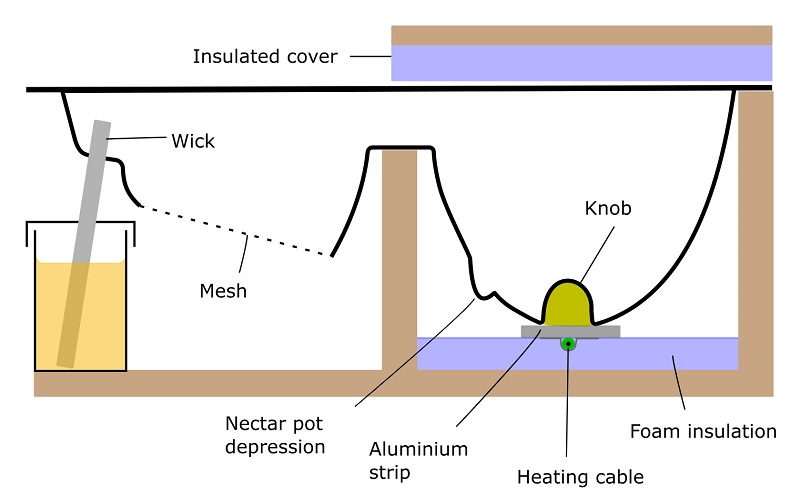
The patented starter cup, used for larger scale commercial colony initiation
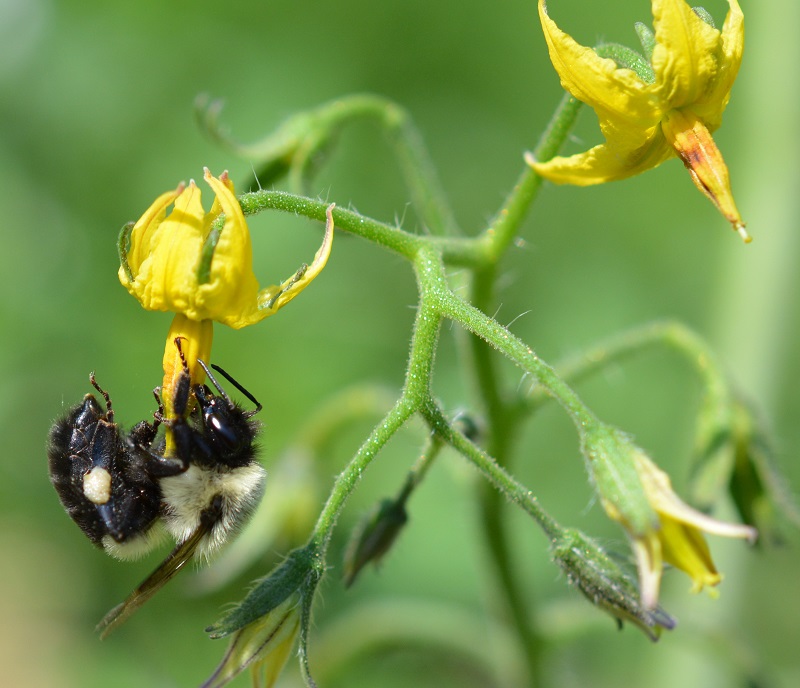
Worker of the North American Bombus impatiens pollinating a tomato flower. (Credit Tim Stanley),
CLASSIFIED
Photo
Gallery
Subscribe to our E-Zine
More
From This Category

Horticentre Charitable Trust Continues as Exclusive Sponsor of Grower2Grower
Governance and Board Training

Aussie growers band together to boost the whole berry basket
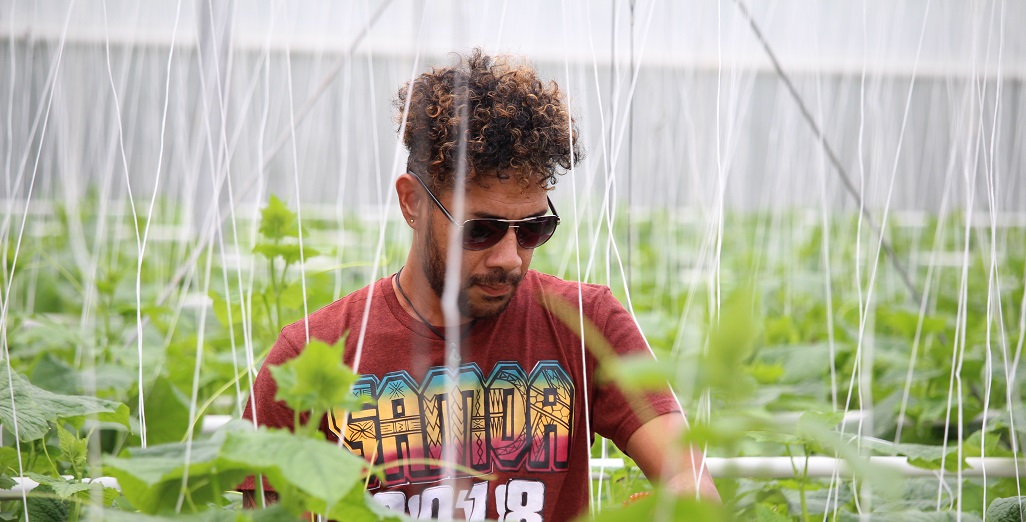
New training programmes for indoor crop production
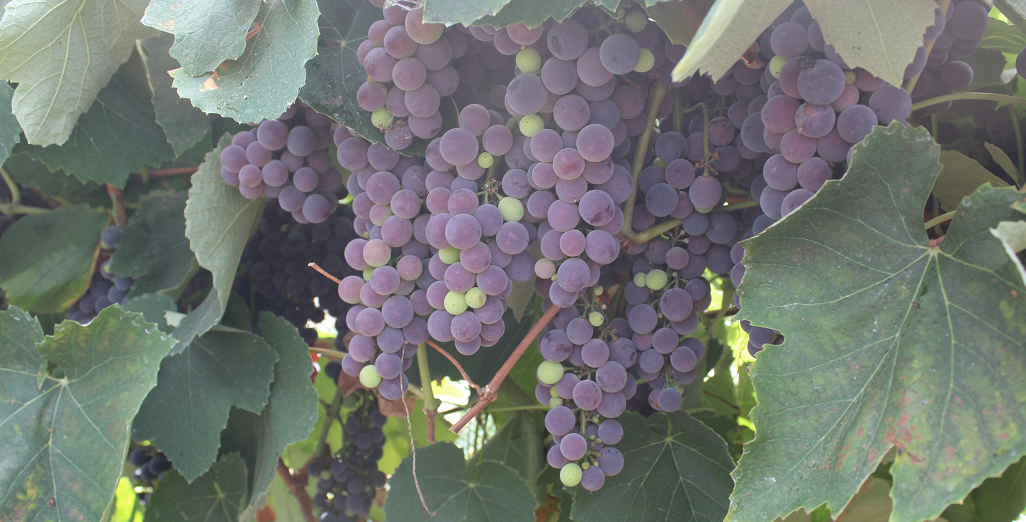
Taking Fruit Production to the next level







